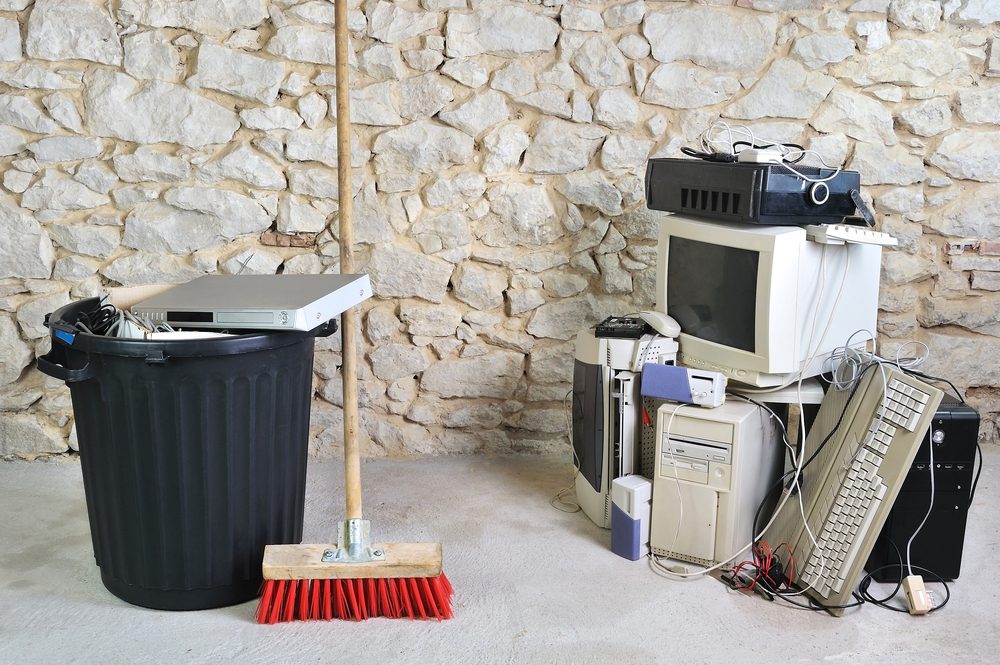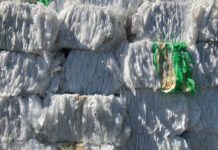
A “golden opportunity” to maximise economic value from waste diverted from landfill, save money and reduce the environment impact is being spurned due to inefficient stripping out of offices and shops, a report has concluded.
Research into waste minimisation by waste management firm Encore Environment in partnership with the University of Derby’s Centre for Supply Chain Improvement found reusable materials are being been dropped in general skips because of a lack of planning and the absence of a systematic approach to materials removal.
The report, which analysed office strip outs, showed there was insufficient site waste management plans (SWMP), no accurate evidence of materials leaving site, no clear traceability of the destination of outbound materials and no transparency of the financial value attributable to these materials. There were no audit trails for waste streams and no opportunity to enhance corporate social responsibility (CSR) credentials.
Co-author Rachel Rowley, from Encore Environment, based in Sywell, Northamptonshire, said: “Lack of planning and reporting at the early stages of a strip out project increases costs and carbon in choosing what is seen as the quickest route for disposal and not necessarily the most suitable. Lack of transparency at this phase of the project for the client means that CSR messaging to supports corporate strategies are lost in the process.
“Strip outs can become more of a deconstruction exercise and not solely a demolition to ensure the value and quality of the waste streams removed are maximised and ultimately the waste producer should benefit from the waste they are producing whether that be in commercial terms, carbon saving and or CSR messaging.
“What we found during this study is that there was a disconnect between the waste forecast and the actual volumes removed and no records of the rebates received for recovered materials. There was limited paperwork and no initial SWMP could be found even though this site was SKA rated project. A golden opportunity to cut landfill waste, save money and reduce impact on the environment is being missed here because there is no process in place prior to the stripping out.”
Encore has developed a Pre Construction Environmental Audit, which is completed prior to a strip out. By identifying materials at this stage (their reusable quantity, quality and specification), segregation can be improved, diverting further waste from landfill, maximising the value of the material and ensuring the contractor is aware of the disposal strategy by site.
The audit template is expected to be the first step in developing a much bigger and innovative waste management supply chain and business model, which Encore says it is developing. This would integrate life cycle and end of life analysis, waste streams database and associated systems for ‘cradle-to-cradle’ implementation.







